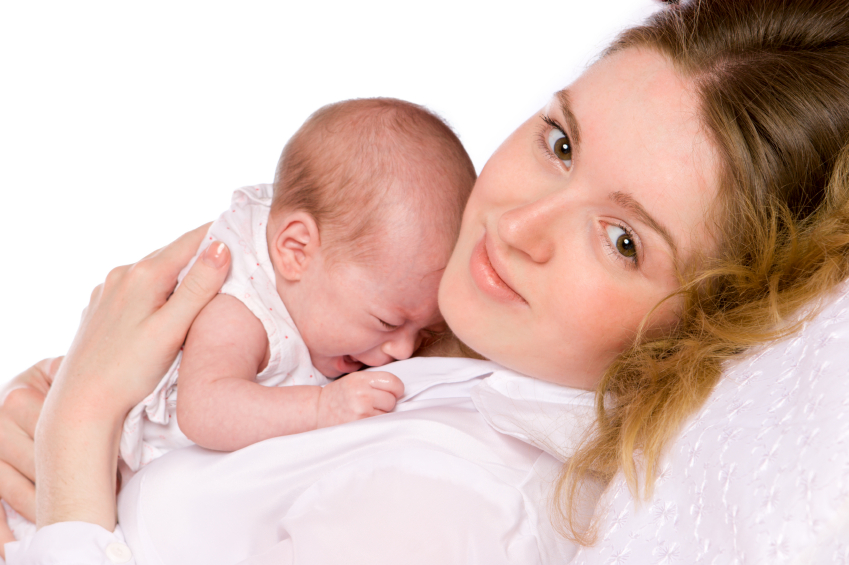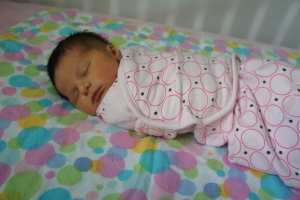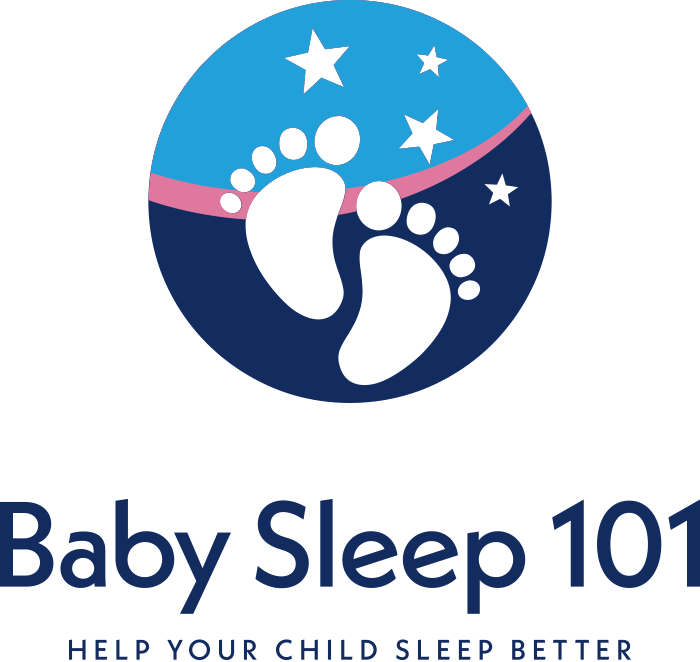Newborn Crying
“I can’t handle all this newborn crying! How can something so small make so much noise?”
It probably comes as no shock to all of us that babies cry, especially newborns. But sometimes as expecting or brand-new parents, we are surprised by just how much they cry.
Crying is difficult to deal with at the best of times, but as a new parent who may already be overwhelmed, it can be downright awful. However, as the saying goes, knowledge is power, and the more you know, the better equipped you are to handle the stressful times. Here are a few facts about newborns and crying.
Not All Crying Can Be Soothed
Many expecting parents believe that all crying can be soothed; but it may just takes some trial and error. Unfortunately, this isn’t always the case and that can be a source of extreme frustration.
All newborns will have inconsolable crying spells that appear suddenly. If that wasn’t enough to frazzle your nerves, the fact that may look like they’re in pain, will.
Well-meaning individuals will give you a list reasons why your baby is crying; too much/not enough breast milk, wrong formula, gas, reflux, etc., and of course as parents, you will try various options. But if nothing is working, please know that this is common because it’s often not a digestive or medical issue, but rather a developmental phase.
Crying Escalates During the First Few Months
Many expecting parents also have the misconception that the fussing will dissipate in the coming weeks, when in fact the opposite is true.
Research has shown that all babies, in all cultures (and even in every breast-feeding animal that has been studied so far), will increase the amount of crying that they do in the first few months.
Newborn crying spells will begin around week three, peak around week eight, and then slowly taper off. Even premature babies will follow this pattern, once they reach three weeks from estimated due date.
Temperament Determines Crying Intensity, Not Parenting Skills
Temperament is innate at birth and there is little you can do to change that. If you have a baby that is a more intense crier, this is a result of their temperament, not from anything you did or did not do. Do not compare yourself to your friend whose baby is often happy and quiet. Your child’s fussiness is not a reflection on you, your love for your child, or your abilities as a parent.
Purple Crying
Intense criers are often labeled as having colic. But this can be a misnomer because it signifies that only some children have inconsolable crying periods, while in fact, all babies experience them, just to different degrees. Purple Crying, (an acronym, not a descriptor) offers parents a much better explanation on this crying.
PURPLE stands for:
P-Peaks of crying
U-Unexpected
R-Resists Soothing
P-Pain Like Face
L-Long Lasting
E-Evening, The crying tends to happen in the later afternoon and evening
In our attempts to soothe our babies we try just about anything that anyone suggests. However, if you feel like your child may be a higher intensity crier and you are looking for resources, I would encourage you to turn to the The Period of Purple Crying website (http://purplecrying.info/) for evidenced based information and resources.
Being unable to console your baby is not only heartbreaking, but it is frustrating and stressful beyond belief. The really great news though, is that you are not alone and it DOES pass.
Want more help with your child’s sleep? Join me every Wednesday night for a FREE Facebook Q & A session.
Want even MORE free help? Sign up for my Help Your Child Sleep Through the Night; 5 Tips Every Parent Needs to Know.
Joleen Dilk Salyn is a certified pediatric sleep consultant and founder of Baby Sleep 101. She helps tired parents get their children sleeping through the night by working with the science of sleep and healthy sleep best practices. She is a member of the International Association of Child Sleep Consultants and in addition to her certification as a sleep consultant, also holds a Bachelor of Education, and Post Baccalaureate in Education. Joleen is also a mother to two wonderful children.
This article originally appeared on Modern Mama.





